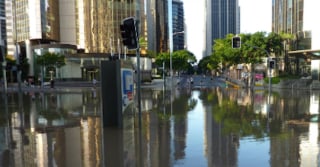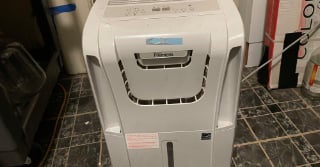In addition to covering your first home, you’ll need to adequately cover your vacation home independently to prepare for potential damage or loss. Second homes tend to have significant emotional ties because owners often dream about their vacation homes for years and have to work extremely hard to make them reality. It’s important to protect these meaningful and substantial investments wisely.
Vacation homes tend to be in higher-risk areas, such as beach houses in hurricane paths or mountain homes at risk for blizzards, hard freezes, and even wildfires. Because they’re often vacant part of the year, second homes are especially susceptible to burglary and damage. Sometimes rented to vacationers to offset costs, you may need extra coverage to protect against renters’ damages. In addition, you may have cleaners and other people entering your home when you’re not there.
Vacation property insurance costs can vary widely. Size, value, and location determine premiums, so it goes without saying that if the home is very large and worth a significant sum, it will likely require a more costly insurance policy. Additionally, if your vacation home is in a high-risk natural disaster area, coverage may need to include flood, earthquake, or tornado insurance as well as other means of protecting your investment.
Consider employing these tips to save money on your vacation home insurance policy, protect your investment, and increase your peace of mind:
- Bundle your vacation home policy with your current home insurance, as this will likely save you money and simplify the policies.
- Install security systems and employ other measures to protect your homes, which can help reduce coverage costs.
- Remove safety hazards from the properties. Create fire-safe zones by eliminating trees, vegetation, and other fire fuel if one or both of your homes are in mountainous or wooded areas. Consider what you can do to protect against water and wind damage if you’re near a beach.
- Inspect fireplaces, sprinkler systems, and all things attached to gas and electricity.
- Update old heaters, wiring, appliances, as well as gas and electrical systems.
- Consider hiring a property management company to handle maintenance, renting, cleaning, and other on-property duties in your absence.
- Work with insurance brokers, such as Concklin Insurance professionals. Brokers can answer your questions and find the best coverage for your current home and your vacation home.
When your vacation home dream becomes reality, protect it and your current home against unforeseen dangers so you can enjoy your residences for years to come.





